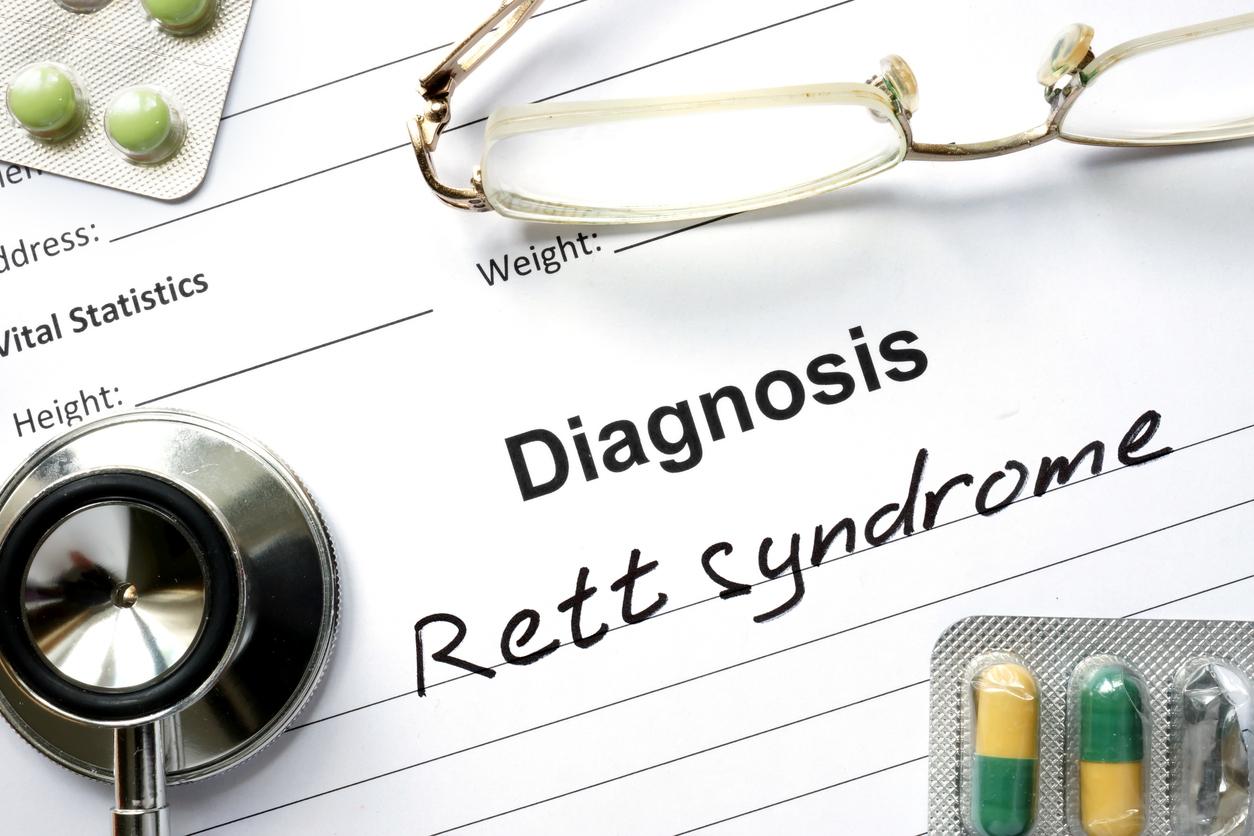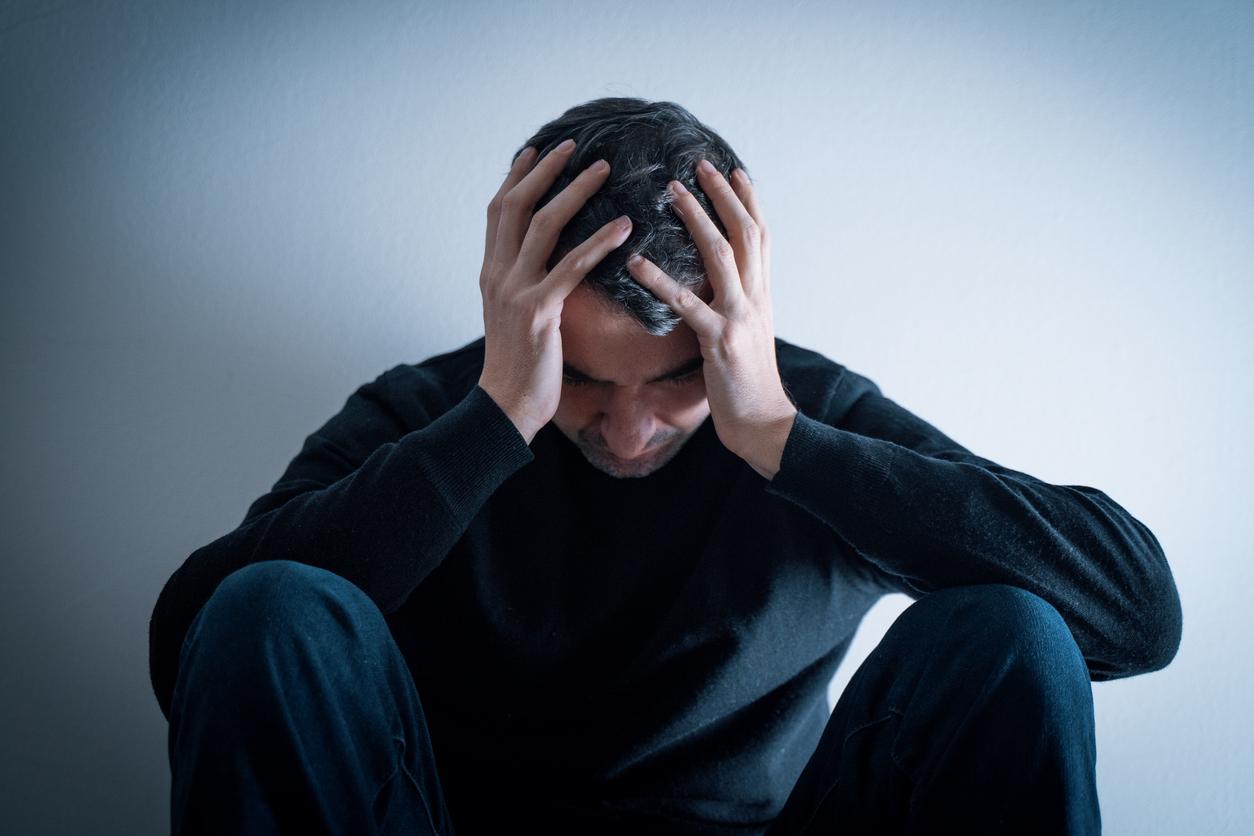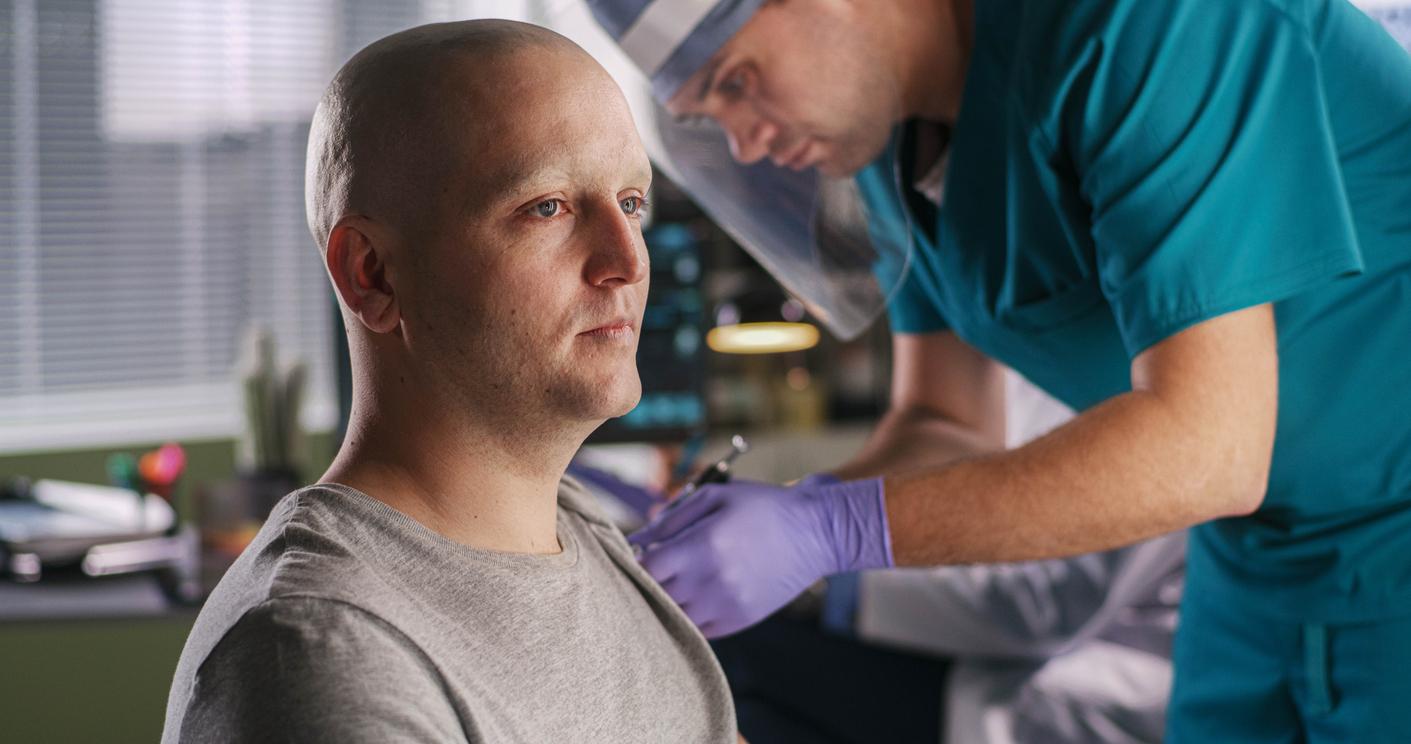From the age of 50, the drop in testosterone production can lead to certain symptoms in men. Called andropause, this phase is sometimes compared to menopause.

- Andropause generally appears around age 50 in men.
- Linked to the drop in testosterone production, it causes a variety of symptoms.
- They can be reduced with hormone replacement therapy.
The years pass and the body evolves both externally and internally. In women, the production of hormones Sexual intercourse ceases and fertility disappears. In men, a comparable phenomenon can occur: andropause. However, it is different from menopause in many aspects.
What is andropause?
Andropause corresponds to the decline in the production of testosterone in men, the hormone produced by the sexual organs. “In men, the drop in testosterone is gradual and varies from one individual to another.warnsFrench association of urology. From the age of 30, men lose 1% of their testosterone each year. This percentage increases with age, particularly after 60 years. On the other hand, testosterone production never stops. In an interview with the Swiss Medical ReviewAlain Biron, urologist, believes that the term andropause is not appropriate, because there is no “break”. “The term used today would rather be ‘age-related androgen deficiency’, or ALAD.he considers. It is about the reduction of bioavailable testosterone, the one which builds the characters of the man.
How to spot the symptoms of andropause?
In some men, this decline will be slow and gradual, making it imperceptible. For others, it causes fatigue, sleep problems, erectile or sexual problems, a reduction in libido, and a decline in intellectual abilities. Some men may suffer from osteoporosis, decreased strength and muscle mass, weight gain without changing diet, or anxiety or irritability.
“Andropause is sometimes difficult to detect because its symptoms are similar to those of depression., warns the urologist. He recommends taking a blood test in the event of erectile problems around the age of 50 to assess the blood testosterone level. If it is low and accompanied by symptoms related to sex life, fatigue or any other reduction in quality of life, it may be andropause. “In this case, we push the explorations in order to look for possible associated pathologies, completes Dr Antoine Faix, urological surgeon, on the website of the French urology association. For example, being diabetic, suffering from a chronic or cardiovascular pathology, cancer, or carrying the HIV virus can lead to a reduction in testosterone levels. Other factors such as taking corticosteroids, antipsychotics, opioids, antiretrovirals, anticonvulsants, anticancer treatments may also be involved in androgen deficiency..
Andropause: are there treatments?
If all other causes are ruled out, then healthcare professionals may suggest hormone replacement therapy. “Androgen deficiency is easily treated, estimates the specialist. The goal is to balance the hormonal dosage by ‘getting back on track’. It is not a question of becoming a superman, but just of aging better by restoring sufficient testosterone levels so that the patient feels better physically, psychologically and sexually..” Generally, treatment allows for gradual improvement of symptoms.

















